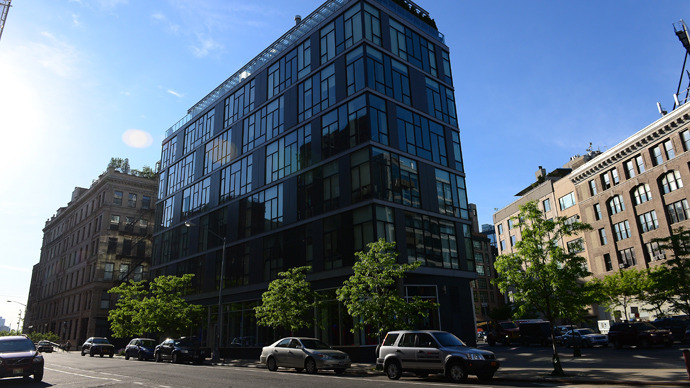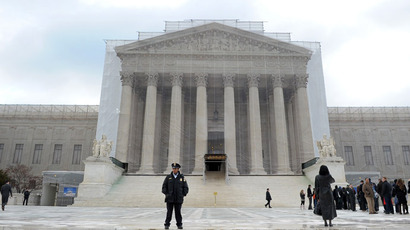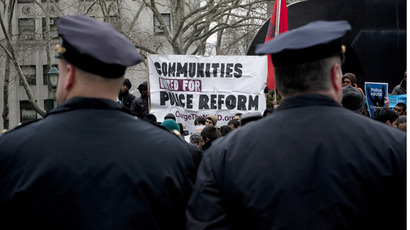Major fines coming to New Yorkers who rent out apartments for under a month

New Yorkers who use an accommodation business to rent apartment space to tourists are in violation of a city law protecting expensive hotels and, according to a recent court ruling, will be hit with major fines if they continue the practice.
Earlier this month Administrative Law Judge Clive Morrick ruled that resident Nigel Warren was operating an improvised hotel out of his apartment in the East Village section of Lower Manhattan. Warren advertised his room as an alternative to the major hotel chains that dominate Manhattan and the surrounding areas. Lawyers for Airbnb, a fast-growing social network that acts as a listing service for hosts like Warren and renters, became involved in the trial on Warren’s behalf, to no avail.
For his entrepreneurship New York City rewarded Warren with a $7,000 fine, although the fee was eventually cut down to $2,400. A 2010 law makes it illegal for New York residents to rent out their property for fewer than 29 days.
The city has also levied crackdowns on similar start-ups hoping to take advantage of the burgeoning sharing economy, among them being Roomorama and RelayRides – essentially an Airbnb for car sharing.
Airbnb has argued that Warren and those like him are caught in the crossfire of confusion stemming from the flawed law.
“This decision makes it even more critical that New York law be clarified to make sure regular New Yorkers can occasionally rent out their own rooms,” the company said in a statement this week. “There is universal agreement that occasional hosts like Nigel Warren were not the target of the 2010 law, but that agreement provides little comfort to the handful of people, like Nigel, who find themselves targeted by overzealous officials.”

Lawmakers have asserted that the services, which have seen their growth stall since the new scrutiny, do not offer a clear plan of action in the event of a problematic tenant and are not strict enough on corrupted hosts.
“The real problem here is the devil-may-care attitude companies like Airbnb take toward the legal consequences for their users,” said New York state senator Liz Krueger, who sponsored the 2010 legislation. “Whether it’s the laws like New York’s or it’s the basic terms of use of a potential user’s co-op or condo, Airbnb is recruiting private citizens into their business model without sufficiently warning them that it may not be legal and could even lose them their homes. That’s pathologically irresponsible.”
This news comes only weeks after New York City placed a temporary restraining order on Uber, a popular app that alerts taxi and limo services when a customer needs a ride. Even New York Mayor Michael Bloomberg praised the service, which swelled in popularity among Silicon Valley workers commuting in California's Bay Area. The problem, unfortunately, is just the most recent in a city known for its stifling bureaucracy.
“Despite Bloomberg’s best efforts to redefine the city’s image as a tech hub in tune with Silicon Valley-style innovation culture,” wrote Wired’s Marcus Wohlsen, “it’s New York’s fabled history of machine politics and protection rackets that come to mind whenever the city’s latest sharing economy shutdown makes the news.”














